Resident Representative of Konrad Adenauer Stiftung (KAS) in Vietnam Florian Feyerabend gave an interview to The Gioi va Viet Nam Newspaper ahead of the ASEAN Future Forum 2025.
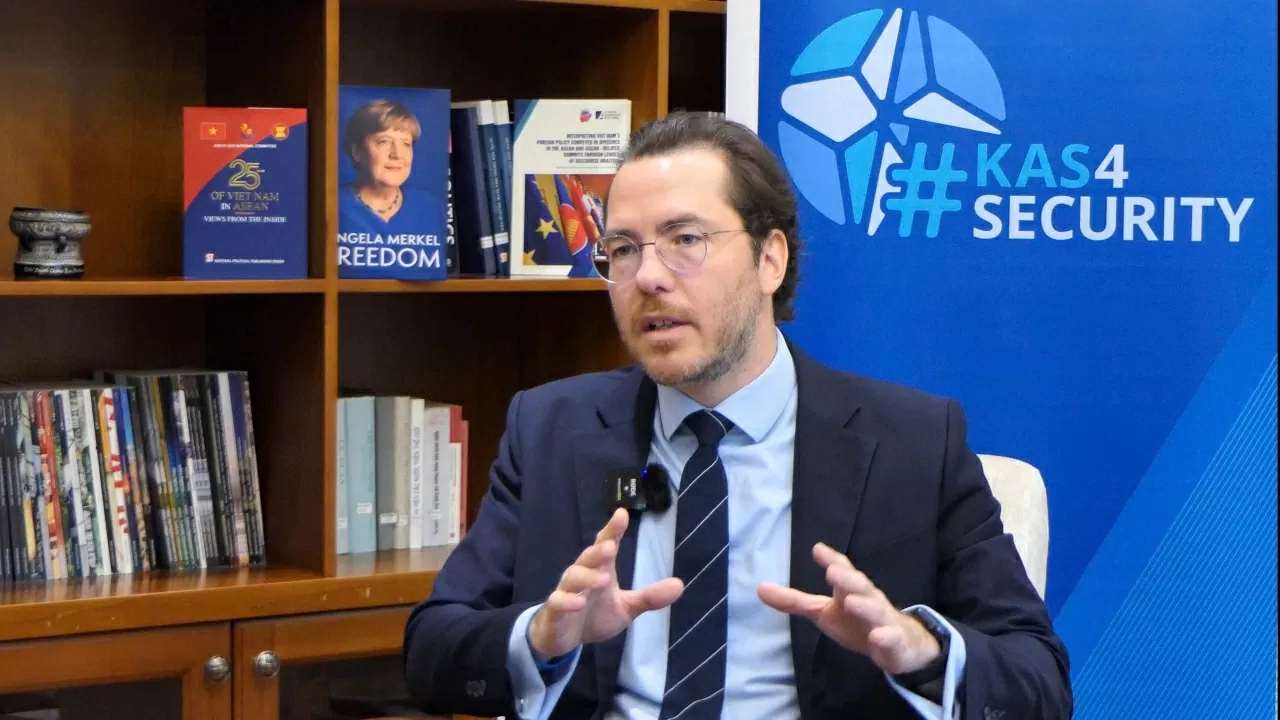 |
| Florian Feyerabend, Resident Representative of the Konrad Adenauer Stiftung (KAS) Foundation in Vietnam. (Photo: Jackie Chan) |
The ASEAN Future Forum 2025 will be held in Hanoi on February 26-26 with the theme "Building a united, inclusive and resilient ASEAN in a changing world". Could you share more about the significance of the ASEAN Future Forum 2025, as well as this theme?
First of all, I would like to congratulate the Diplomatic Academy and more broadly the Ministry of Foreign Affairs for having an extremely practical and meaningful initiative. This is the second time the ASEAN Future Forum has been held.
In 2024, the Forum was first held and created a great buzz, even being mentioned in the joint statement of ASEAN Foreign Ministers, becoming part of the ASEAN dialogue.
This year, the Future of ASEAN Forum saw more participation from ASEAN’s external partners, reflecting three aspects: Unity, Inclusiveness and Resilience. All three are extremely important in this moment as we are at a historical turning point and witnessing the fragmentation of the international landscape. The rules-based international order is changing, we do not know what tomorrow will look like but we can be sure that the world has changed and is changing.
In terms of solidarity, as someone from KAS, the German think tank on foreign security policy issues, I think we need to unite to be strong, to have our voices heard and to achieve a certain level of strategic autonomy. So this is an ambitious goal for ASEAN and we hope to contribute to the solidarity aspect through this Forum.
Inclusiveness means that every ASEAN member state can have a voice, no matter how small or large, it needs to be heard. However, this is not limited to the ASEAN framework. If we look at the participants of this year's forum and other dialogue mechanisms of the bloc, we can see that ASEAN always attaches importance to inviting external partners to participate. This is also an important perspective on inclusiveness: Ensuring that all member states are heard, while also including non-ASEAN countries in the dialogue. In addition, within ASEAN, not only the voice of the government (track 1) but also other stakeholders (track 1.5) need to be respected and listened to. With the track 1.5 dialogue, the ASEAN Future Forum is really a good platform to be able to meet those standards.
Finally, resilience is an important factor in these turbulent times. I think that with the ASEAN Future Forum and its discussions this year, we can contribute to the dialogue on future technologies. We will be discussing artificial intelligence (AI), quantum computing, these topics will be extremely important for ASEAN’s resilience in the future. It can be said that this year’s Forum not only addresses non-traditional security issues but also brings perspectives on trending and inevitable topics.
Therefore, I believe that the ASEAN Future Forum 2025 covers all three aspects: Solidarity, inclusiveness and resilience.
What do you think about ASEAN's central role in shaping the regional structure, as well as the prospects for cooperation between ASEAN and the European Union (EU) in maintaining peace, stability and promoting sustainable development, not only in Southeast Asia but also globally?
In my opinion, ASEAN's central role is the core factor. ASEAN has its own way of cooperation, not taking sides, not interfering in each other's internal affairs.
ASEAN operates on four core principles of peaceful coexistence. In addition, the "ASEAN Way" is a popular term to describe how the organization handles internal challenges as well as balances its external relations.
I believe that ASEAN’s greatest strength is its ability to bring together stakeholders and engage partners outside the region to discuss common challenges. This is also the key role of ASEAN.
Sir, the ASEAN Future Forum 2025 is part of the efforts of Vietnam and ASEAN countries to create a platform to exchange ideas and seek solutions to current global challenges. So how do you assess Vietnam’s role in ASEAN as an official member over the past 30 years?
I think 2025 is a very important year for Vietnam. Vietnam is looking back on 30 years of being a member of ASEAN. In 1995, Vietnam joined ASEAN, which was a milestone in the country's regional and international integration process.
Therefore, it can be said that ASEAN is the starting point for us to see Vietnam as it is today - a country deeply integrated into the global value chain, participating in more than 17 free trade agreements and 2 agreements under negotiation, a proactive and responsible country in the international arena. ASEAN is the foundation for that.
If I look back over the past three decades, I can say that Vietnam has made some progress. Looking back at 2010, when Vietnam assumed the ASEAN Chairmanship, we can see the expansion of the ASEAN Regional Forum (ARF), in which inclusiveness was emphasized. Issues related to the US and Russia were also brought to the table - this is thanks to Vietnam's efforts.
The same goes for regional security issues. In 2010, Vietnam also took the lead in expanding the ASEAN Defense Ministers Meeting into ADMM and then ADMM+. This is an important “legacy” of Vietnam’s leadership role in ASEAN and I think it deserves recognition.
Vietnam’s second term as ASEAN Chair took place in a very difficult context in 2020, amid an unprecedented global pandemic. Once again, Vietnam took important steps to strengthen ASEAN’s cohesion and solidarity, not only in the fight against the Covid-19 pandemic but also in building the ASEAN Community in a challenging environment.
So I appreciate and congratulate Vietnam on those achievements. And I believe that with the upcoming ASEAN Future Forum, Vietnam is continuing to contribute to the dialogue on the future of the region, reviewing, adjusting and improving existing mechanisms.
Could you share more about the upcoming cooperation plans between the Konrad Adenauer Stiftung (KAS) and ASEAN member states, especially in the context of the region and the world facing many new challenges and opportunities? At the same time, through these initiatives, what message do you want to convey about the role of KAS in promoting dialogue, development cooperation and strengthening the relationship between ASEAN and the EU in the coming period?
The KAS Foundation is a political organization of the Christian Democratic Party (CDU) of Germany. In the ASEAN region, we are present in most countries.
In Vietnam, we are extremely proud to be a partner and sponsor of the ASEAN Future Forum since its very first edition. This stems from our long-standing, deep and strategic partnership with the Diplomatic Academy. When the Academy proposed the idea of organizing the ASEAN Future Forum, they approached us and invited us to participate. KAS is also extremely honored to be a part of the Forum.
In addition, in Vietnam, we are also known for our support for the International Conference on the East Sea - another important initiative of Vietnam to address challenges related to the field of maritime security in the East Sea. We also coordinate with the Diplomatic Academy to implement a series of annual events such as: International Forum on Mekong, International Research Forum on China, Sea Dialogue...
Regionally, KAS representative offices are implementing many ASEAN-related programs. KAS not only supports the ASEAN Future Forum in Vietnam but also sponsors the Asia-Pacific Forum held annually in Kuala Lumpur, Malaysia. We are also a partner of the ASEAN Forum organized by the Institute of Southeast Asian Studies (ISEAS) in Singapore.
Last but not least, we have a network of young professionals from both Europe and Southeast Asia, working together on challenges and opportunities for both the EU and ASEAN. This is the E-Engage Think Tank Network. The Diplomatic Academy of Vietnam is also a partner and has contributed to building this network.
These are three highlights of our cooperation with ASEAN in the wider region.
Regarding ASEAN-EU cooperation, in 2020, the EU officially became a strategic partner of the region. And 2025 also marks 10 years since the EU established an official mission with an EU Ambassador to ASEAN, demonstrating the strong institutional relationship between the two blocs.
In particular, if there were a memorable formula for the relationship between ASEAN and the EU, I would use the 3-3-3-2 model: ASEAN is the EU’s third largest trading partner. The EU, in turn, is ASEAN’s third largest trading partner. The EU is ASEAN’s third largest investor. And finally, the EU is ASEAN’s second largest development partner and donor.
In my opinion, this 3-3-3-2 formula reflects the strong development of relations between the EU and Vietnam and ASEAN more broadly.
Source


![[Photo] The 1st Congress of Phu Tho Provincial Party Committee, term 2025-2030](https://vphoto.vietnam.vn/thumb/1200x675/vietnam/resource/IMAGE/2025/9/30/1507da06216649bba8a1ce6251816820)

![[Photo] General Secretary To Lam, Secretary of the Central Military Commission attends the 12th Party Congress of the Army](https://vphoto.vietnam.vn/thumb/1200x675/vietnam/resource/IMAGE/2025/9/30/9b63aaa37ddb472ead84e3870a8ae825)
![[Photo] Solemn opening of the 12th Military Party Congress for the 2025-2030 term](https://vphoto.vietnam.vn/thumb/1200x675/vietnam/resource/IMAGE/2025/9/30/2cd383b3130d41a1a4b5ace0d5eb989d)
![[Photo] Panorama of the cable-stayed bridge, the final bottleneck of the Ben Luc-Long Thanh expressway](https://vphoto.vietnam.vn/thumb/1200x675/vietnam/resource/IMAGE/2025/9/30/391fdf21025541d6b2f092e49a17243f)
![[Photo] President Luong Cuong receives President of the Cuban National Assembly Esteban Lazo Hernandez](https://vphoto.vietnam.vn/thumb/1200x675/vietnam/resource/IMAGE/2025/9/30/4d38932911c24f6ea1936252bd5427fa)
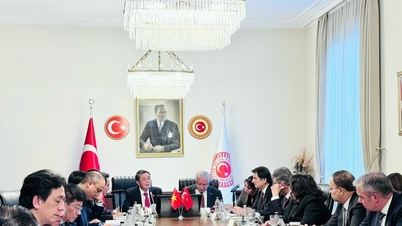



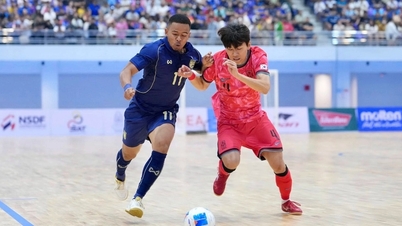

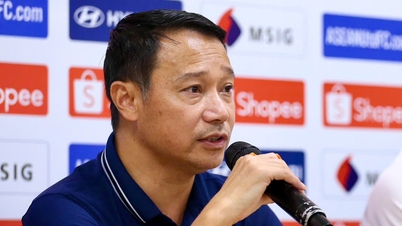




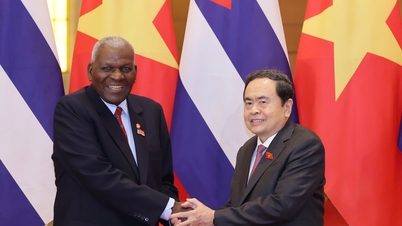

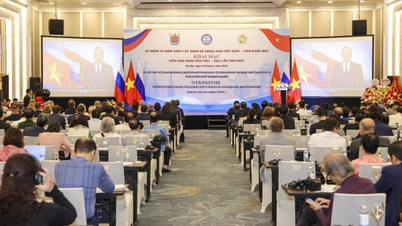


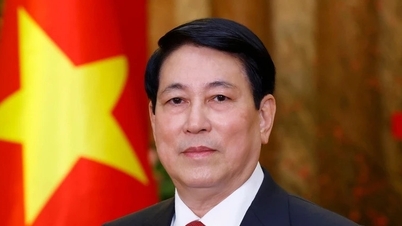








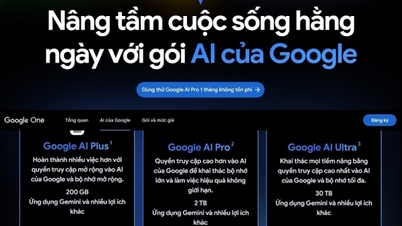
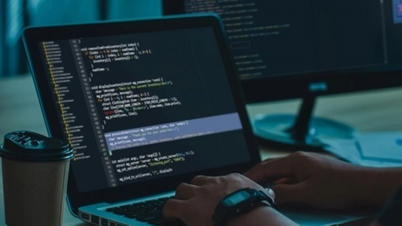

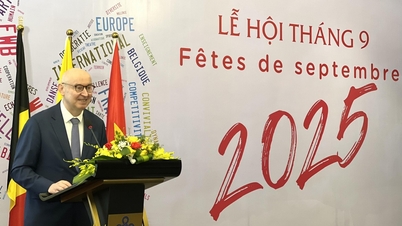












































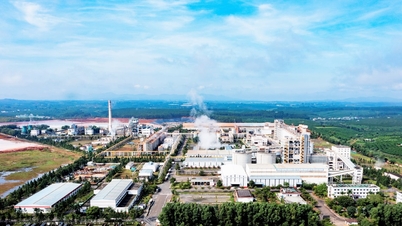



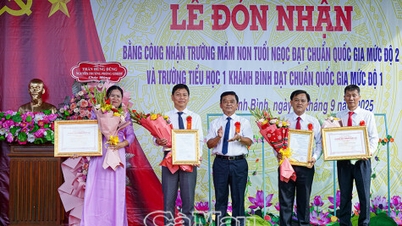



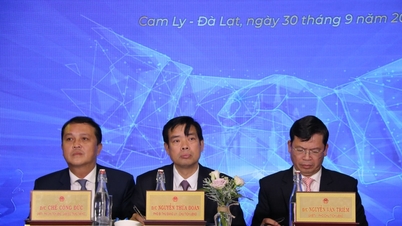
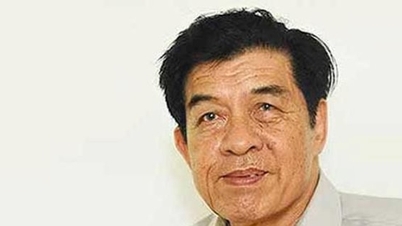














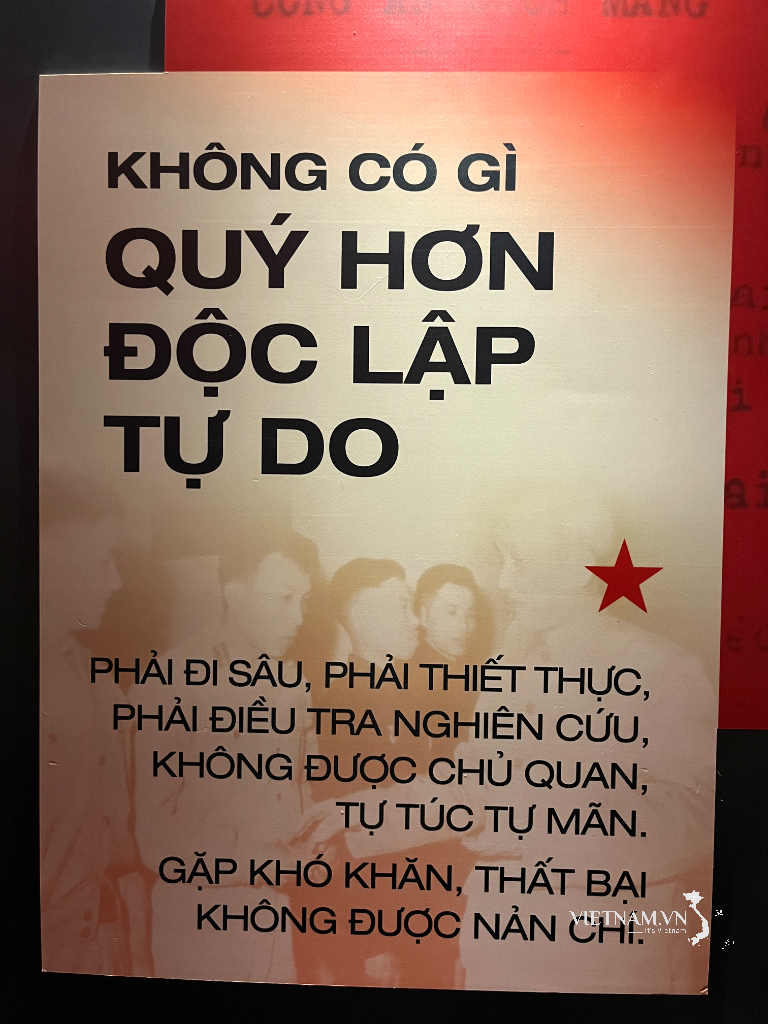
Comment (0)